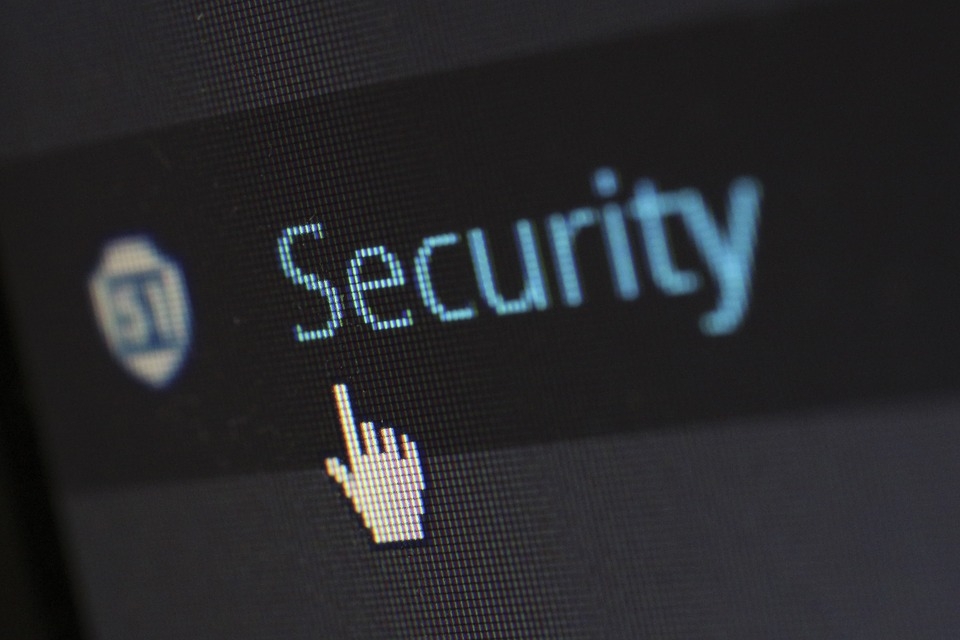National
Wisconsin elections system targeted by Russian hackers

Russian government attempted to hack at least 21 states
MADISON, Wis. — Wisconsin’s voter registration system was unsuccessfully targeted by Russian hackers before last year’s election, the Wisconsin Elections Commission said Friday.
The commission, which had long insisted it was not the subject of any hacking attempts, said it was notified by the U.S. Department of Homeland Security that it had, in fact, been one of 21 states targeted.
The attempted hack by “Russian government cyber actors” had no effect on Wisconsin’s election systems or the outcome of the election, said the state’s top elections official Michael Haas.
Gov. Scott Walker, who this week vetoed funding to bolster the Elections Commission staff, did not immediately respond to a request for comment sent to his spokesman.
The state Elections Commission said Homeland Security gave a description of the attempted hack. They said that the Russians scanned the state’s internet-connected election infrastructure, likely seeking specific vulnerabilities such as access to voter registration databases. The attempt failed, Homeland Security told the state.
“This scanning had no impact on Wisconsin’s systems or the election,” Haas said. “Internet security provided by the state successfully protected our systems. Homeland Security specifically confirmed there was no breach or compromise of our data.”
Haas said the commission is seeking more specific information, including when the scanning activity occurred in 2016.
The news that 21 states were targeted was first announced by Homeland Security at a U.S. Senate Intelligence Committee hearing on June 21. Haas testified at that hearing that Wisconsin had not been notified of any hacking attempt by Homeland Security and concluded that Wisconsin was not a target.
Wisconsin Elections Commission Chairman Mark Thomsen directed staff to investigate why state election officials were not notified sooner.
The disclosure Friday comes as the commission was working on ramping up its security measures. It had already created a security team and is working on a formal security plan, which was slated to be discussed at its meeting Tuesday.
Federal investigators and the Senate Judiciary Committee are investigating Russia’s involvement in the 2016 presidential election. President Donald Trump on Friday called allegations of Russian election meddling a “hoax,” and insisted the media was the “greatest influence” on the 2016 campaign.
Trump won Wisconsin by fewer than 23,000 votes. After his win, Trump created a commission headed by Vice President Mike Pence to investigate voter fraud nationwide. That commission has requested information on voters from every state, including Wisconsin, and posed a series of questions about the security of elections in the state. Wisconsin has not yet responded to those questions or turned over the publicly available voter data because Trump’s commission hasn’t paid the required $12,500 fee.
Meanwhile, the state is moving ahead with implementing a new election security plan by early 2018.
The challenges are particularly acute in Wisconsin, Haas said earlier Friday, where elections are not centrally run but instead handled locally by 1,853 municipal clerks. One local security breach where a key password is divulged could cause problems statewide, Haas said.
One thing the state is considering is whether to mandate that local clerks meet minimum security requirements for hardware and software they use, Haas said.
The Elections Commission plans to incorporate security topics into its training of local election officials, create a list of key federal, state and local contacts and develop contingency and action plans to deal with security issues should they arise.
The election for U.S. Senate and governor tops the November 2018 ballot in Wisconsin, but there are dozens of other local races to be decided. Walker is expected to seek a third term and Democratic U.S. Sen. Tammy Baldwin is running for re-election.
Wisconsin primaries are in August. There is also a spring election in April where an open seat on the Wisconsin Supreme Court will be filled.
___
Follow Scott Bauer on Twitter at https://twitter.com/sbauerAP







